ACCORD works in partnership with the least-served,
most vulnerable communities towards resilience
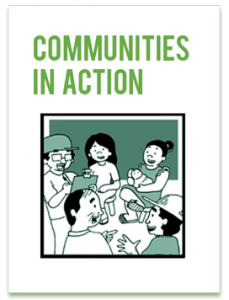 |
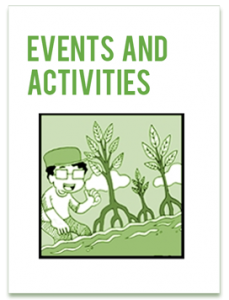 |
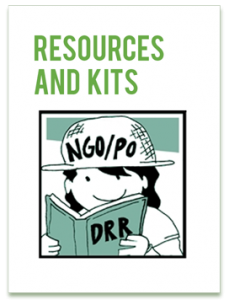 |
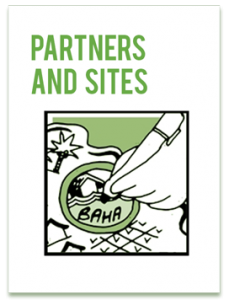 |
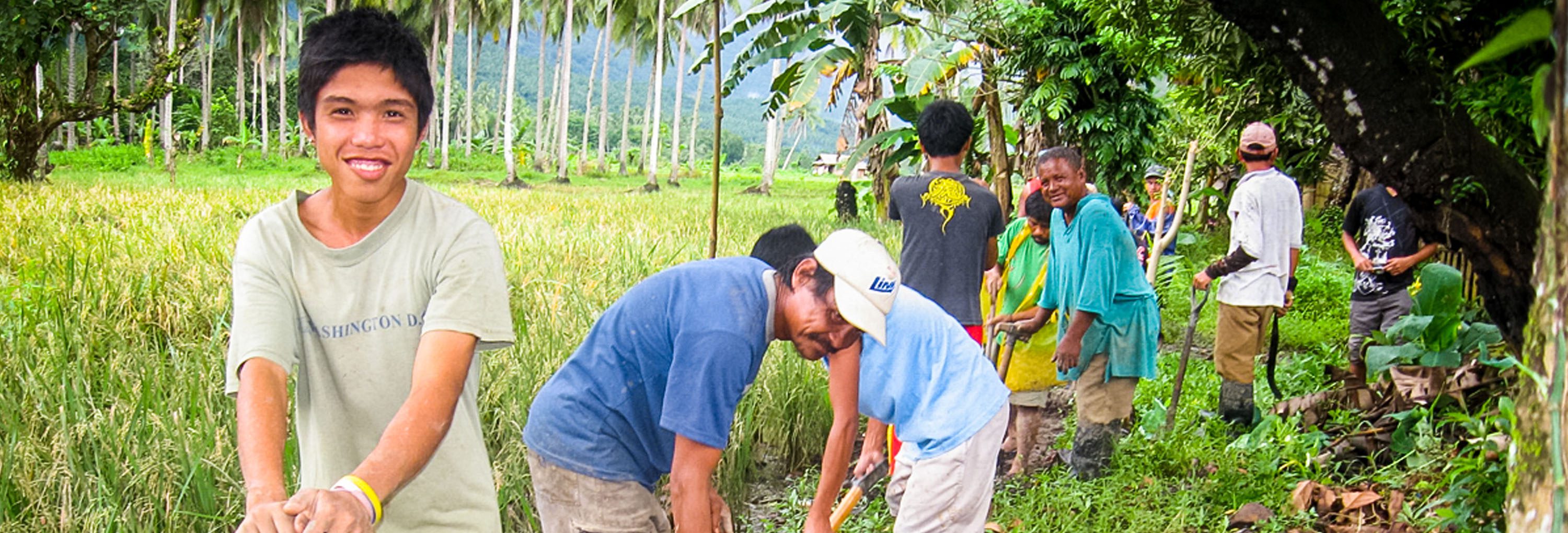
We accept direct bank deposits, feel free to deposits, our details are as follows:
We also accept donations securely via paypal, with all major credit / debit cards
(Please enter your Payment methods data on the settings pages.)
| This document outlines our comments on and proposed modifications to Republic Act 10121 (Philippine Disaster Risk Reduction and Management Act of 2010) which is currently undergoing its sunset review. This is part of our advocacy for an improved national disaster risk reduction framework, under the Partners for Resilience (PfR) Project. |
| This book, the first to be released under the Partners for Resilience program, aims to be an important part of the campaign to inform and shape policies for scaling up climate-smart community resilience building. It is a compilation of evidence-based lessons and good practices learned from PfR experiences in Indonesia and the Philippines. It has been six months since Yolanda devastated several areas across the central Philippines, and the need to incorporate resilience into the recovery process has already been recognized by stakeholders. This book is our modest contribution to the growing number of resources on building resilience. |
| The ACCORD Model for disaster risk reduction (DRR) was borne out of the experience of implementing the community-based disaster risk reduction project called ACCORD (or Strengthening Assets and Capacities of Communities and Local Government Units for Resilience to Disasters) and two follow-up projects – ACCORD-2 and ACCORD-3. Subsequent, ACCORD-3 was incorporated into ASCEND (or Advancing Safer Communities and Environments against Disaters), which is a consortium project between CARE Nederland and Christian Aid. The ACCORD model, however, also incorporates the good practices and lessons learnt from the humanitarian response, and other projects, of CARE Nederland and partners in the Philippines. The ACCORD model also draws inspiration from the experiences in DRR of other practitioners in the Philippines and abroad. |